|
The Civil Defence services were stood down in early May 1945. As proof of service many members requested a certificate or letter to provr they aided the war effort. This letter/certificate from Louth in Lincolnshire is just such as item.
0 Comments
Interesting photo of a kitted out Gas Decontamination squad in Manchester whilst on an exercise. Clearly shows the amount of equipment involved and the personal protective kit required.
Messengers were of vital importance during air raid incidents. They would convey messages from Warden Posts to the Control Centres. Should the telephone lines have been cut it was their messages that would enable a quick response to happen. This photo shows a large group of boy scouts who acted as Messengers in Bexley, London.
I believe these are second world war period casualty tickets. The initial first responders would jot down the particulars of the treatment administered so that the follow up treatment knew what had already taken place.
Luftwaffe bombing was indiscriminate and the chances of survival of a direct ht were often very slim. This photo captures the moment that rescue parties pull Miss Betty Warboy from the rubble of a school she taught in October 1940.
|
Please support this website's running costs and keep it advert free
Categories
All
Archives
June 2024
|
|
|
Copyright © 2018–2024
|
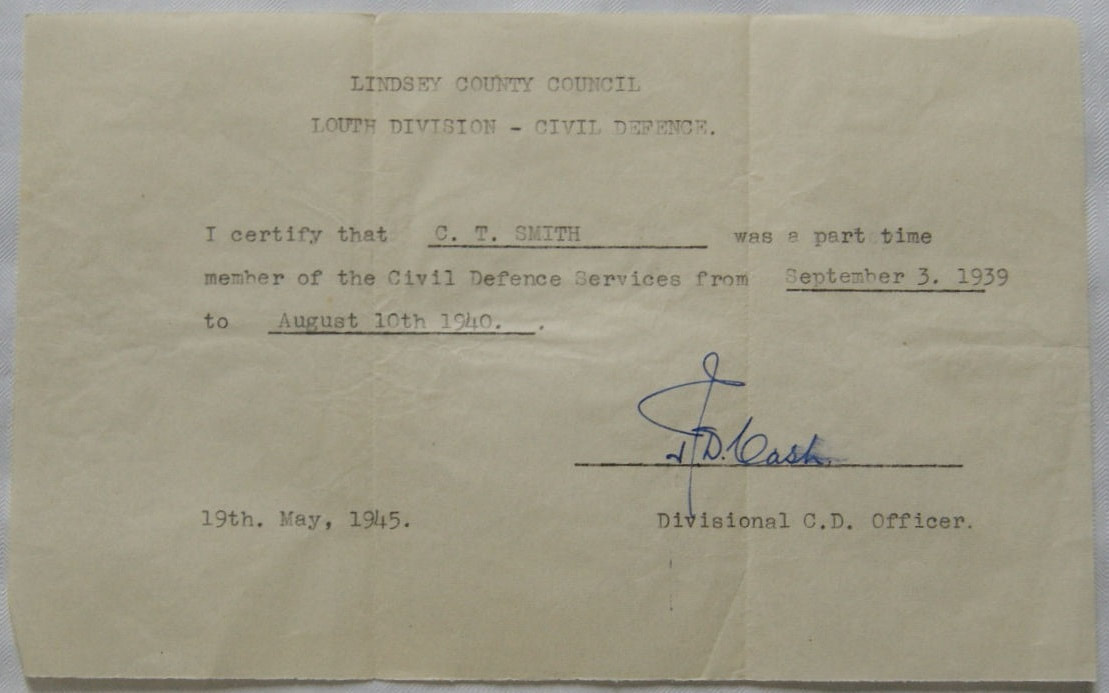
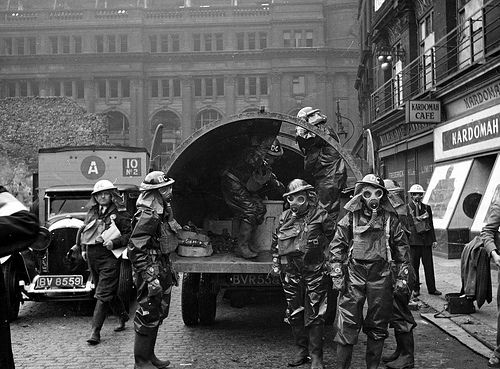
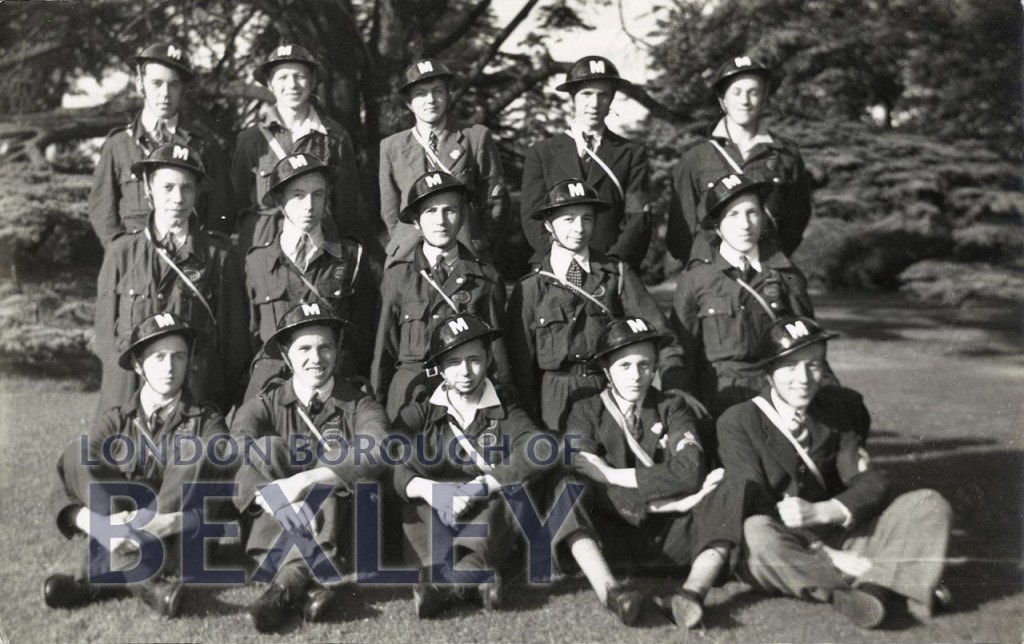
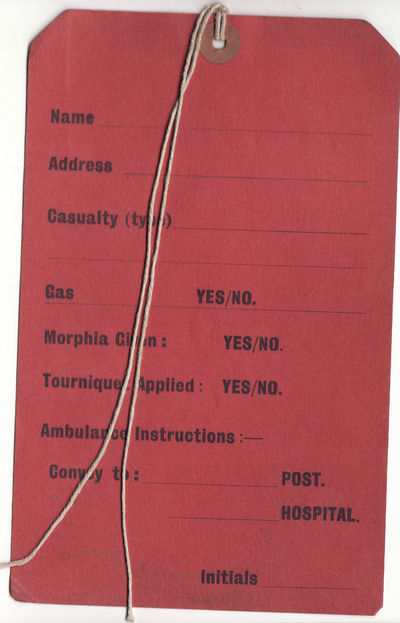
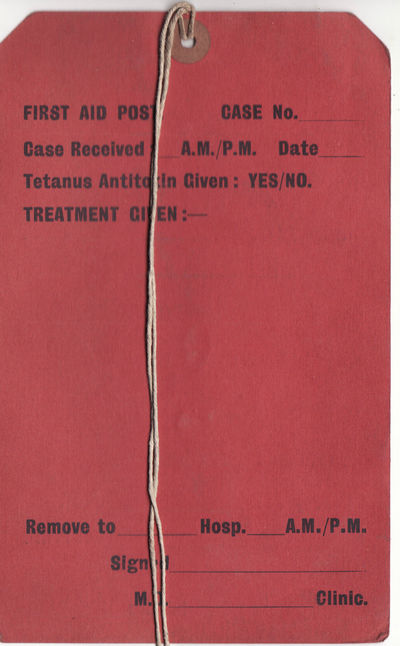
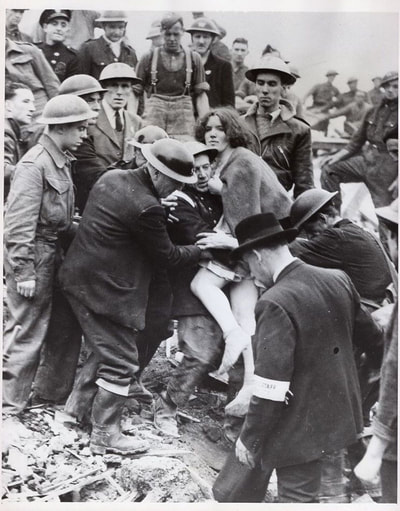
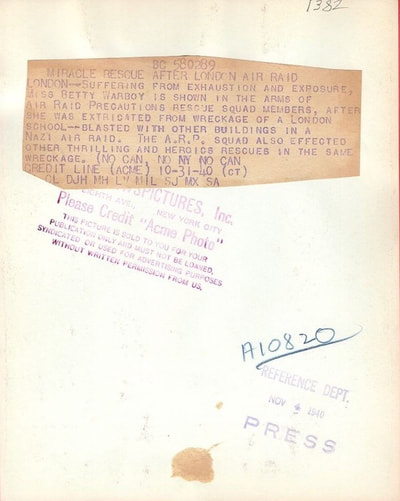
 RSS Feed
RSS Feed